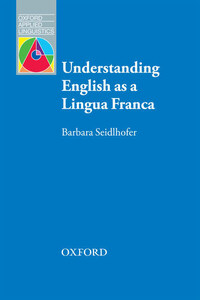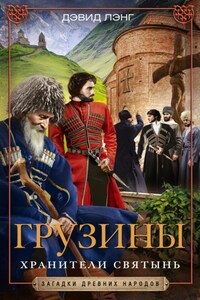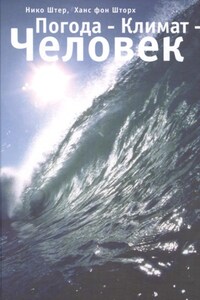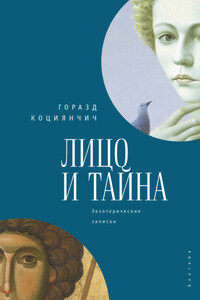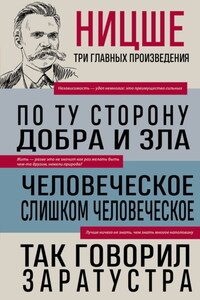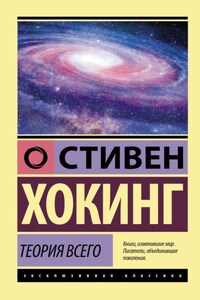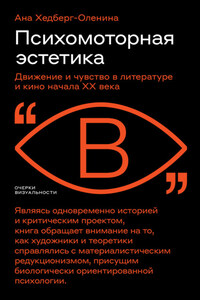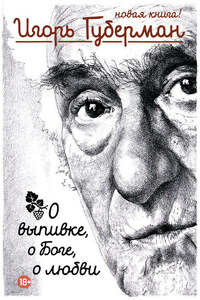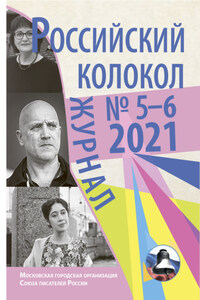Great Clarendon Street, Oxford OX2 6DP, United Kingdom
Oxford University Press is a department of the University of Oxford. It furthers the University’s objective of excellence in research, scholarship, and education by publishing worldwide. Oxford is a registered trade mark of Oxford University Press in the UK and in certain other countries
© Oxford University Press 2011
The moral rights of the author have been asserted
First published in 2011
2015 2014 2013 2012 2011
10 9 8 7 6 5 4 3 2 1
No unauthorized photocopying
All rights reserved. No part of this publication may be reproduced, stored in a retrieval system, or transmitted, in any form or by any means, without the prior permission in writing of Oxford University Press, or as expressly permitted by law, by licence or under terms agreed with the appropriate reprographics rights organization. Enquiries concerning reproduction outside the scope of the above should be sent to the ELT Rights Department, Oxford University Press, at the address above
You must not circulate this work in any other form and you must impose this same condition on any acquirer
Links to third party websites are provided by Oxford in good faith and for information only. Oxford disclaims any responsibility for the materials contained in any third party website referenced in this work
ISBN: 978 0 19 437500 9
Printed in China
This book is printed on paper from certified and well-managed sources
Over the years of writing this book, I have been fortunate in receiving help and encouragement from many friends and colleagues.
When I first put the idea for this book to Cristina Whitecross a decade ago, she saw the point immediately and she has given the project continuous support ever since. I have also greatly benefited from her expert editorial advice in getting this book into shape for publication. My thanks, too, to the OUP team, particularly Julia Bell and Ann Hunter, who sensitively shepherded the book through its last phase of copy-editing and production, and to Nora Dorn, who perceptively prepared the index.
Several readers have given me valuable feedback on the whole manuscript or parts of it and so helped me to improve the text. I would like to thank Janina Brutt-Griffler, Sandy McKay, Anne Burns, as well as an anonymous reviewer for their time and expertise. Jennifer Jenkins not only generously commented on the manuscript in its original and revised versions but has also been an ever-dependable source of information and encouragement, and a partner in spirited debates over many years. It has been a great pleasure to see Jennifer’s and my own research students getting to know each other; together with those of Anna Mauranen. A new generation of scholars including Martin Dewey, Alessia Cogo, Elina Ranta, Susanne Ehrenreich, Beyza Björkman, Jagdish Kaur, and several others are demonstrating that the study of ELF continues to thrive and to attract sharp and inquisitive minds.
Among the researchers who have made a particularly significant contribution to ELF studies are my colleagues here in Vienna, where they provide a highly inspiring and mutually supportive environment. Marie-Luise Pitzl, Angelika Breiteneder, and Stefan Majewski were in at the very beginning of the VOICE project, and they and the other ‘Voices’ – Theresa Klimpfinger, Ruth Osimk, and Michael Radeka – have been a pleasure to work with, both individually as researchers and as an incredible team, helped by a number of able assistants. Most of them have also given me constructive feedback on different chapters. Cornelia Hülmbauer, my co-researcher on the DYLAN project, as well as Kathrin Kordon, Julia Lichtkoppler, Heike Böhringer, Anita Wolfartsberger, and Claudio Schekulin have all given me their support, too, as have several other doctoral and MA students, through the expertise and enthusiasm with which they also conduct their own research on ELF.
Further afield, several researchers who have shared an interest in ELF for quite some time have, of course, contributed to my thinking, in particular Juliane House, Karlfried Knapp, Kurt Kohn, Andy Kirkpatrick, Robin Walker, Maria Grazia Guido, Alan Firth, Christiane Meierkord, and the late Werner Hüllen. Other colleagues have supported me by their openness and willingness to engage with ELF issues from the perspective of their own complementary areas of interest and expertise. These include Ulrich Ammon, Suresh Canagarajah, Ron Carter, Guy Cook, Jim Cummins, Zoltan Dörnyei, Gibson Ferguson, Susan Gal, Saran Kaur Gill, Claus Gnutzmann, David Graddol, Matthias Hüning, Ken Hyland, Frauke Intemann, Friederike Klippel, Claire Kramsch, Diane Larsen-Freeman, Georges Lüdi, Tim McNamara, Marko Modiano, Lorenza Mondada, Kumiko Murata, Daniel Perrin, Edgar Schneider, Barbara Soukup, Arturo Tosi, Sue Wright, Yasu Yano, my colleagues in all the DYLAN teams – and two outstanding scholars, no longer with us and much missed: Christopher Brumfit and Willis Edmondson.
